Northfield’s sewer rates could increase ‘significantly’ to support treatment plant upgrades
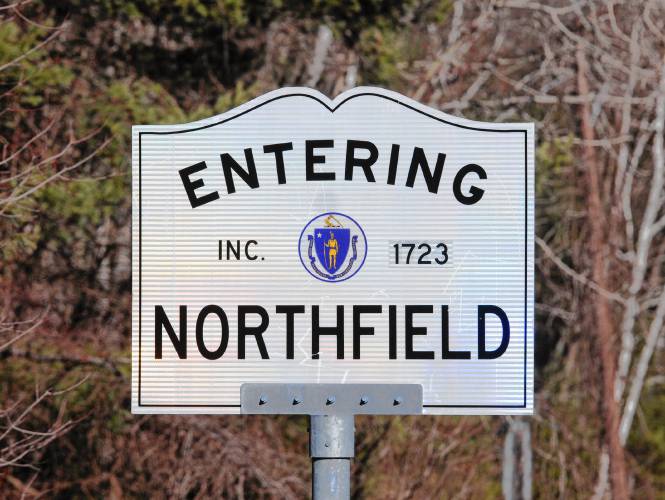
|
Published: 02-21-2024 9:23 AM
Modified: 02-21-2024 4:10 PM |
NORTHFIELD — Depending on the result a Town Meeting vote, sewer rates may increase “significantly” for fiscal year 2025 to support improvements to the town’s wastewater treatment plant and collection system.
Karen Boudreau, who serves on the Board of Sewer Commissioners, said the proposed rate increase of about 41% results from the Northfield Sewer District’s plan to upgrade the treatment plant at 104 Meadow St. and the collection system after receiving a consent order in May 2021 from the Massachusetts Department of Environmental Protection. The consent order stated that the Sewer District will be fined by the DEP if it doesn’t bring these operations into compliance.
“[The sewer rates] are increasing significantly,” she said, “due to the project that’s coming down the pike.”
The list of necessary upgrades — projected in late 2020 to cost nearly $8 million — includes bolstering staffing, fixing the collecting system and updating equipment.
In 2022, the Sewer District received roughly $107,000 in American Rescue Plan Act (ARPA) funding to help update the aerators and a machine that grinds the solids (including things like toilet paper) from sewage. Additionally, the computer system was updated to automate the alarm system, so that activated alarms can be shut off using a phone app rather than having a worker manually reset a machine.
Boudreau said that by March or April, Northfield will hear from the U.S. Environmental Protection Agency as to whether the town will receive additional funding to aid this sewer project.
Northfield currently uses an equivalent dwelling unit (EDU) billing system, which charges a flat rate to all 283 ratepayers, rather than a metered method that is based on actual usage. This rate is $905.13 for fiscal year 2024. Under the Board of Sewer Commissioners’ proposal, this rate would change to $1,276.27 for fiscal year 2025, making for a roughly 41% increase.
Some buildings in town are considered “hybrid accounts,” Boudreau noted, such as multi-use buildings that combine a business with apartments. The annual rates for these accounts will increase by 30% from $9,000 to $11,700.
Article continues after...
Yesterday's Most Read Articles
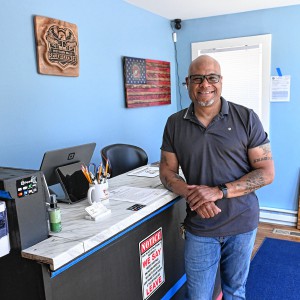 Retired police officer, veteran opens firearms training academy in Millers Falls
Retired police officer, veteran opens firearms training academy in Millers Falls
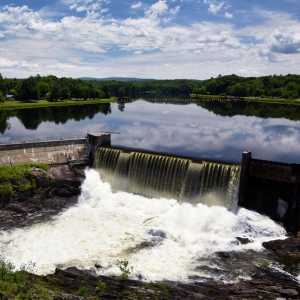 Valley lawmakers seek shorter license for FirstLight hydropower projects
Valley lawmakers seek shorter license for FirstLight hydropower projects
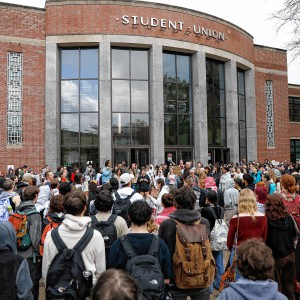 More than 130 arrested at pro-Palestinian protest at UMass
More than 130 arrested at pro-Palestinian protest at UMass
 Baseball: Caleb Thomas pitches Greenfield to first win over Frontier since 2019 (PHOTOS)
Baseball: Caleb Thomas pitches Greenfield to first win over Frontier since 2019 (PHOTOS)
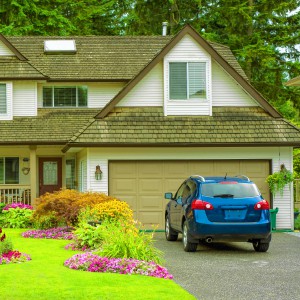 Real Estate Transactions: May 10, 2024
Real Estate Transactions: May 10, 2024
 As I See It: Between Israel and Palestine: Which side should we be on, and why?
As I See It: Between Israel and Palestine: Which side should we be on, and why?
For these rates to go into effect, Boudreau said the Finance Committee needs to first take the proposal under advisement, which she said may happen sometime this spring. The committee will decide whether to recommend the rates before an article is placed on the Town Meeting warrant. If approved, Boudreau said the increased rates would go into effect this summer for FY25.
During a Special Town Meeting in January, Boudreau spoke in support of Northfield switching from the current EDU billing system to using a metered method that is based on actual usage. However, she said this transition is extensive, and would prove even more difficult with the Board of Sewer Commissioners being short-staffed. At the Special Town Meeting, voters approved a proposal to increase the number of sewer commissioners from three to five to ease the staffing situation.
“It’s going to be a long, arduous process ... because water meters have to be inspected, there has to be coordination between both separate water entities and the sewer,” Boudreau said. “It’s a lot of work to go from this one-size-fits-all back to [assessing] actual water usage.”
Aside from expanding commission membership, volunteer opportunities are also available to those who wish to help Northfield convert from the EDU billing system to the metered method. According to Boudreau, about eight people have already come forward.
Volunteers would be responsible for analyzing data and looking over the budget and spreadsheets that engineers will propose for metered usage. They may go out to a test site and do meter readings with a licensed meter reader “to understand the process a bit better,” she said, but experience is not required.
“It’s really a lot of back office operations and planning, thinking and making sure that all the right questions are asked,” Boudreau said. “You don’t have to be a licensed water technician or wastewater treatment operator.”
People who are interested in joining the team of volunteers exploring a conversion from the EDU billing system to a metered system can contact the Board of Sewer Commissioners through the northfieldma.gov website.

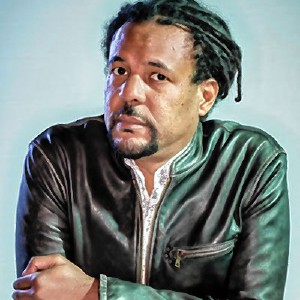 UMass graduation speaker Colson Whitehead pulls out over quashed campus protest
UMass graduation speaker Colson Whitehead pulls out over quashed campus protest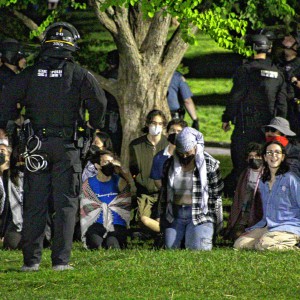 UMass student group declares no confidence in chancellor
UMass student group declares no confidence in chancellor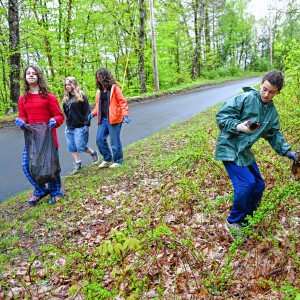 Four Rivers Climate Club organizes litter cleanup, panel on environmental activism
Four Rivers Climate Club organizes litter cleanup, panel on environmental activism
